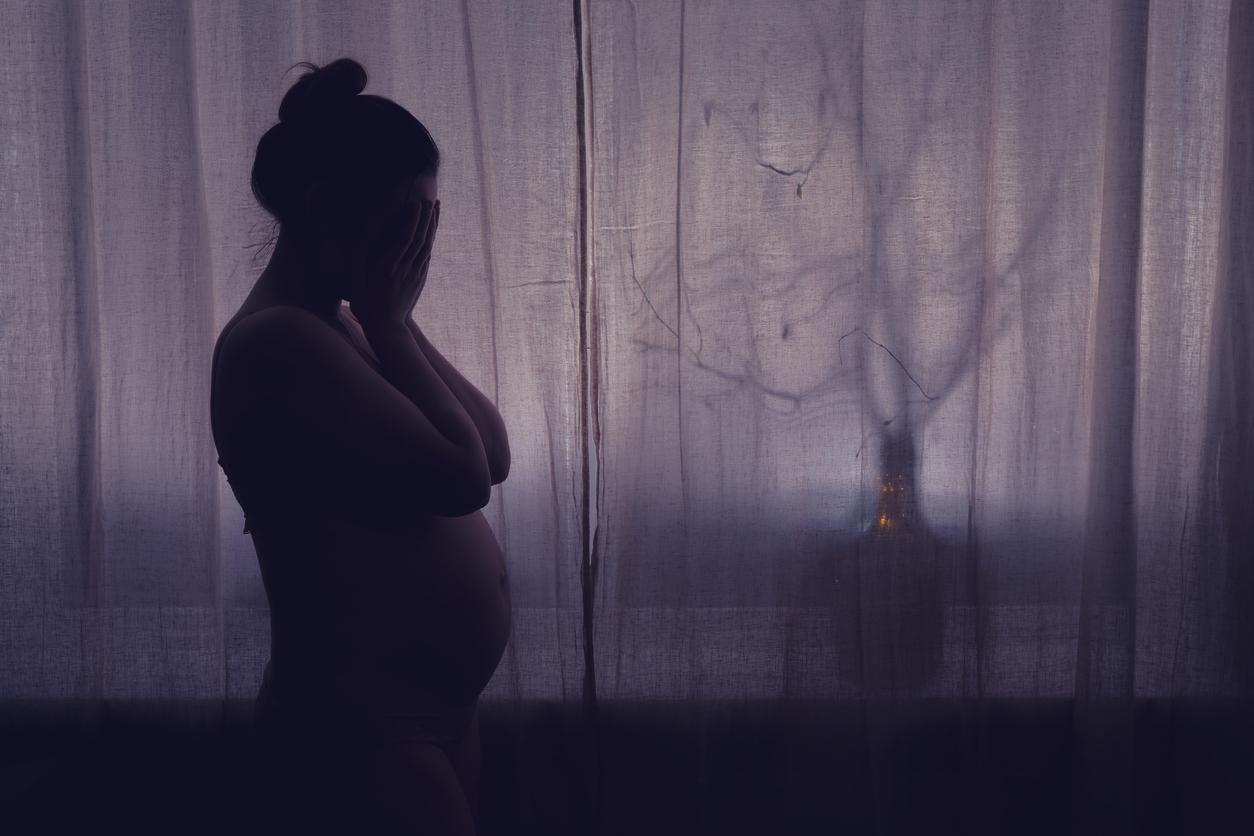Women who suffer from depression during pregnancy or after giving birth are at greater risk of developing cardiovascular disease over the next 20 years, a new study suggests.

- Women diagnosed with perinatal depression are more likely to develop cardiovascular disease over the next 20 years, a new study finds.
- Their risk of heart problems is increased by 36% and that of high blood pressure by around 50%, for example.
- For researchers, it is essential to monitor expectant and young mothers in order to prevent depression or reduce the risk of cardiovascular diseases.
One in five women worldwide suffer from perinatal depression. That is, they experience depressive symptoms during pregnancy or after childbirth. In addition to mood disorders, the impact on the mother-child bond or on the baby’s development, this pathology also seems to affect mothers’ hearts.
Researchers from Karolinska Institutet (Stockholm) have found that perinatal depression increases the risk of suffering from cardiovascular disease. Their discovery is detailed in an article in the journal European Heart Journal.
Perinatal depression linked to heart disease risk
Swedish scientists have taken medical records of 600,000 women who gave birth between 2001 and 2014, of which just over 55,000 had been diagnosed with perinatal depression. They analyzed data collected over 20 years.
Among mothers who suffered from perinatal depression, 6.4% developed cardiovascular disease. The rate was 3.7% among women who did not have this disorder. This equates to a 36% increased risk of developing heart problems. Their risk of high blood pressure was about 50% higher. Their risks of ischemic heart disease and heart failure were 37% and 36% higher, respectively.
“Our findings could help identify people at higher risk of cardiovascular disease so that steps can be taken to reduce that risk.”explain Dr Emma Bränn, lead author in a communicated. She then adds: “Our findings provide further reason to ensure that maternal care is holistic, with equal attention to physical and mental health.”

Perinatal depression and the heart: where does this link come from?
Although scientists have highlighted the link between depression during or after pregnancy and an increased risk of cardiovascular disease, the origin of this association remains mysterious. “It is still unclear exactly how and through what pathways perinatal depression leads to cardiovascular disease. We need to do more research to understand this in order to find the best ways to prevent depression and reduce the risk of cardiovascular disease.”explains Dr Emma Bränn.
They already have a research lead after studying the files of women who suffered from perinatal depression with those of their sisters. They presented a 20% higher risk of cardiovascular diseases. “The slightly smaller risk difference between the sisters suggests that genetic or family factors may be partly involved.”the expert specifies. “Other factors may also be involved, as is the link between other forms of depression and cardiovascular disease. These include alterations in the immune system, oxidative stress and lifestyle changes implicated in major depression.”















